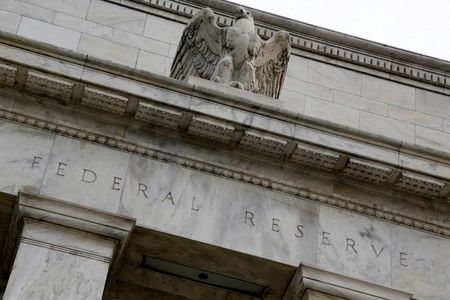 1
1 1
1

(Reuters) -Federal Reserve Governor Christopher Waller on Wednesday said the U.S. central bank needs to raise rates aggressively to fight inflation, but not so abruptly as to stress markets, destroy jobs and push the economy into recession.
“I don’t see value in trying to shock the markets; we are not in a Volcker kind of moment,” Waller told CNBC in an interview. That’s the approach that Fed Chair Paul Volcker took in the early 1980s, when inflation was last as high as it is now and Volcker jacked up rates as much as four percentage points at a time to bring it back down.
But Volcker, Waller noted, had to battle inflation that had been building for six or seven years; the current Fed is dealing with a surge in inflation that only began early last year.
“Right now our main concern is getting these prices down and we can do that without causing a recession,” Waller said, noting that he supports raising interest rates by a half-a-percentage point in May and “possibly more” in June and July.
“We don’t need to be shocking anything just to cause a shock…if inflation doesn’t cool off, we’ll keep going; we’ll do what it takes to get inflation back down” he said. “But we can do that in an orderly way without causing a lot of financial market stress.”
The Fed raised interest rates last month for the first time in three years, but the uncertainty stemming from Russia’s then-weeks old invasion of Ukraine kept it from raising rates more than a quarter-of-a-percentage point.
Data since then – including a report on Tuesday showing consumer prices rose 8.5% in March, the biggest yearly rise since late 1981 – supports bigger rate hikes ahead, Waller said.
“I think we want to get to above neutral certainly by the later half of this year, and get closer to neutral as soon as possible,” Waller said, noting that while inflation has “pretty much” peaked, the Fed still needs to tighten policy to reduce demand and take pressure off of prices.
(Reporting by Ann Saphir; Editing by Jonathan Oatis and Andrea Ricci)